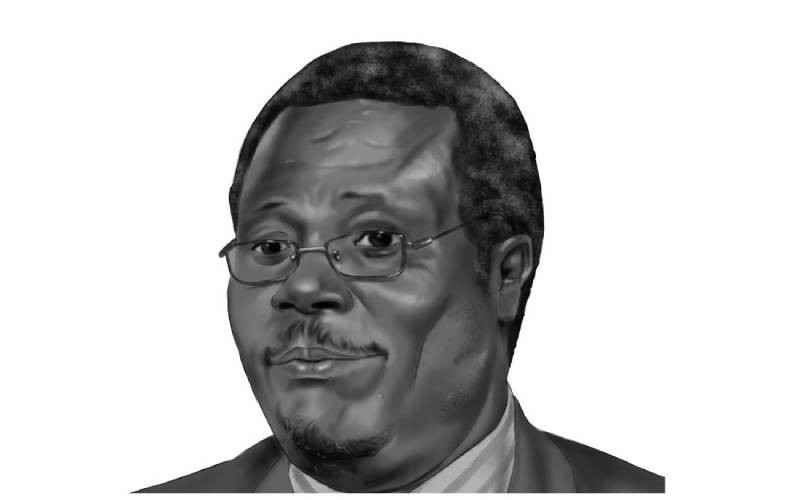×
The Standard e-Paper
Read Offline Anywhere

Audio By Vocalize

Several countries are emerging as second-tier global powers because they have assertive leadership that deliberately seek recognition as major geopolitical players.
Among them is the Kingdom of Saudi Arabia, a World War I product out of the decaying Ottoman Empire in the Middle East which had sided with Germany.